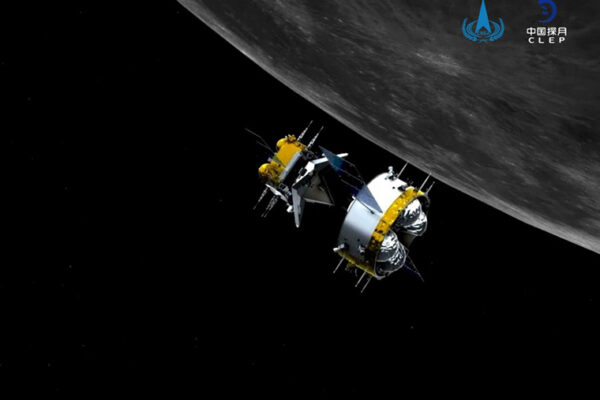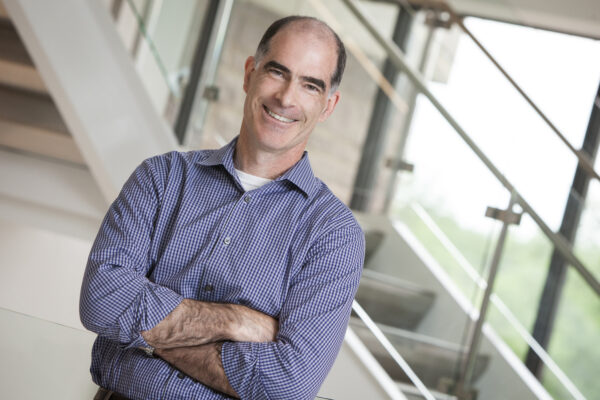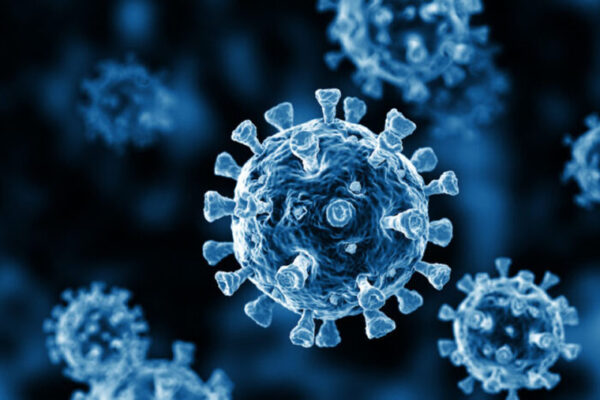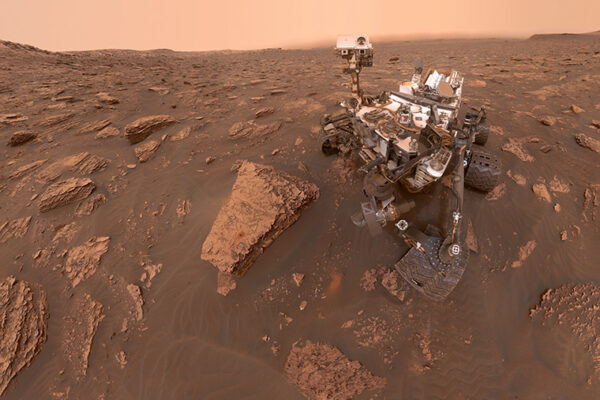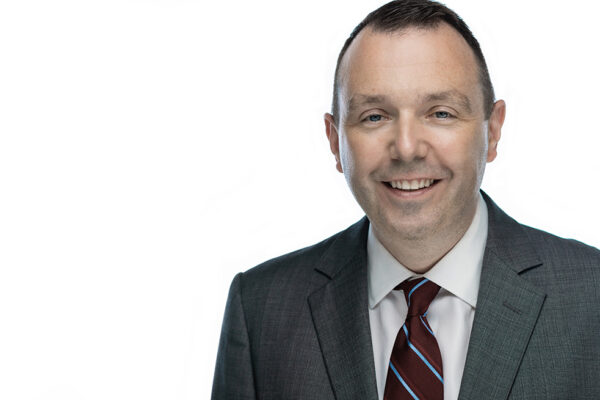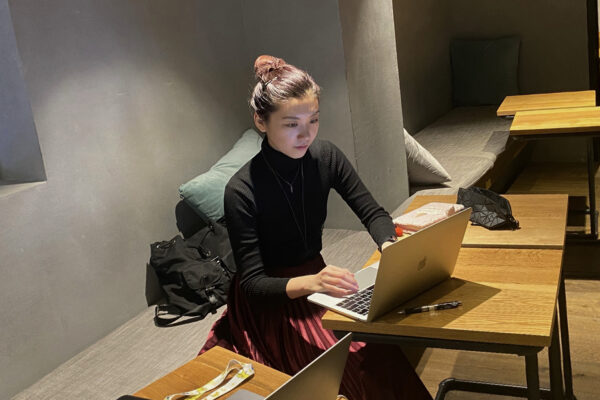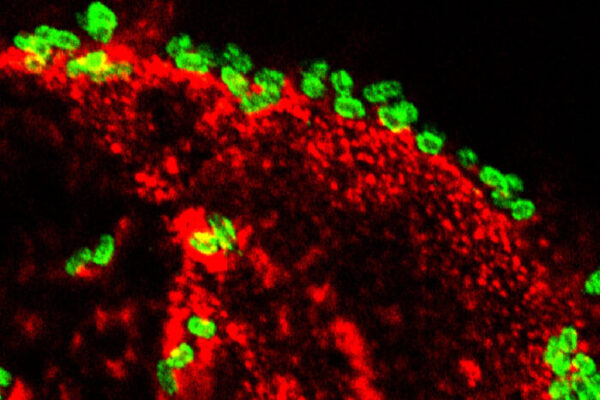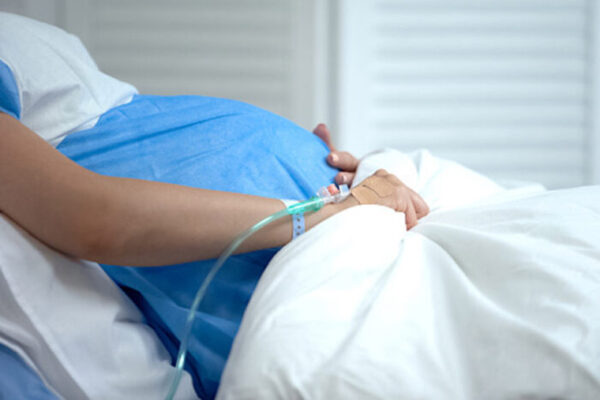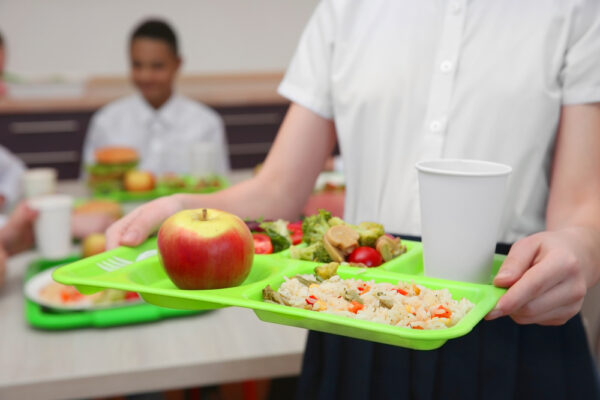China probe returns with ‘treasure trove’ of moon rocks
The Chinese space agency announced Dec. 16 the return of a lunar probe bringing back the first fresh samples of rock and debris from the moon in more than 40 years. Bradley L. Jolliff, the Scott Rudolph Professor of Earth and Planetary Sciences in Arts & Sciences at Washington University in St. Louis, reflects on the scientific value of the samples.
Bayly named inaugural Lee Hunter Distinguished Professor
Philip V. Bayly has been named the inaugural Lee Hunter Distinguished Professor in the McKelvey School of Engineering at Washington University in St. Louis. Bayly is an innovative researcher at the forefront of understanding the mechanics of brain injury and brain development.
COVID-19 patients at higher risk of death, health problems than those with flu
A deep dive into federal medical data, conducted by researchers at the School of Medicine, found that COVID-19 is much deadlier and causes more health problem for patients than the seasonal flu does.
Powerful electrical events quickly alter surface chemistry on Mars and other planetary bodies
Dust-related electrochemistry can reshape Martian surface materials with physical and chemical changes observable after only hundreds of years. Similar electrical effects may be instrumental on Venus and Europa, according to new work from Alian Wang in Arts & Sciences.
Richards pushes for privacy reform during Senate committee hearing appearance
Neil Richards, the Koch Distinguished Professor in the School of Law at Washington University in St. Louis, addressed a Dec. 9 hearing of the Senate Committee on Commerce, Science, and Transportation, where he pushed for passage of a comprehensive law that would provide appropriate safeguards, enforceable rights and effective legal remedies for consumers when it comes to data sharing.
New computational method validates images without ‘ground truth’
A new computational method from the McKelvey School of Engineering helps scientists validate the accuracy of microscopic images.
Far from campus, but part of the community
Though far from campus, 916 international students are finding new ways to connect to the Washington University in St. Louis community. Faculty members have established special discussion sections and office hours, schools are recruiting mentors and students are creating their own support networks in their home countries.
Toxin provides clues to long-term effects of diarrhea caused by E. coli
A study from researchers at Washington University School of Medicine in St. Louis has found that a toxin produced by E. coli changes intestinal cells to benefit itself, an ability that could provide a clue to why the bacteria have been linked to nutritional problems such as malnutrition and stunted growth.
Monitoring labor in pregnancy aim of grant to develop imaging technology
Researchers at Washington University’s School of Medicine and McKelvey School of Engineering plan to develop a portable, inexpensive and noninvasive 3D imaging system designed to monitor women’s progression during labor. The technology aims to improve maternal and infant health outcomes in underserved regions.
Examining schools’ lack of response to food insecurity during pandemic
As schools across the United States have moved to online learning or hybrid models due to the COVID-19 pandemic, a new study from the Brown School at Washington University in St. Louis investigates the responses of child nutrition administrative agencies.
View More Stories
